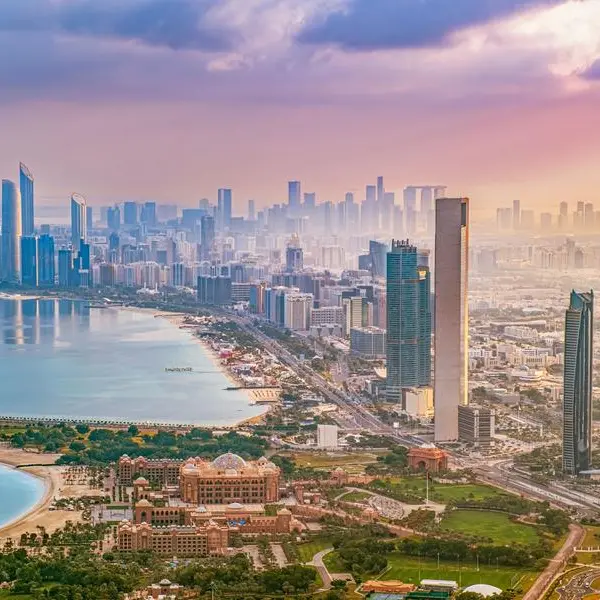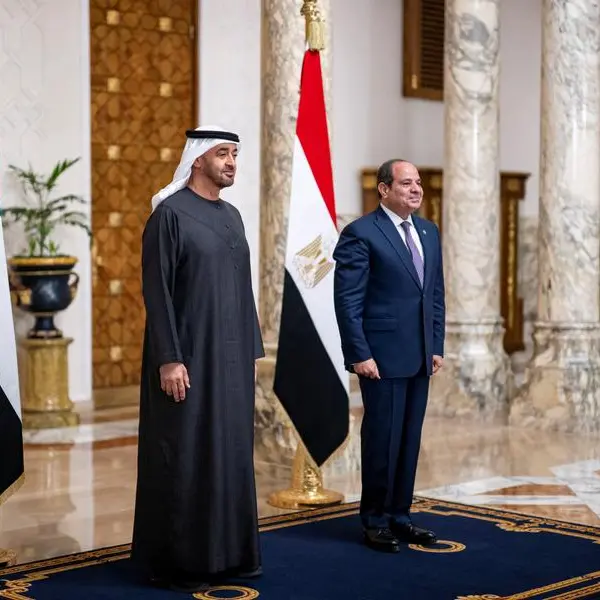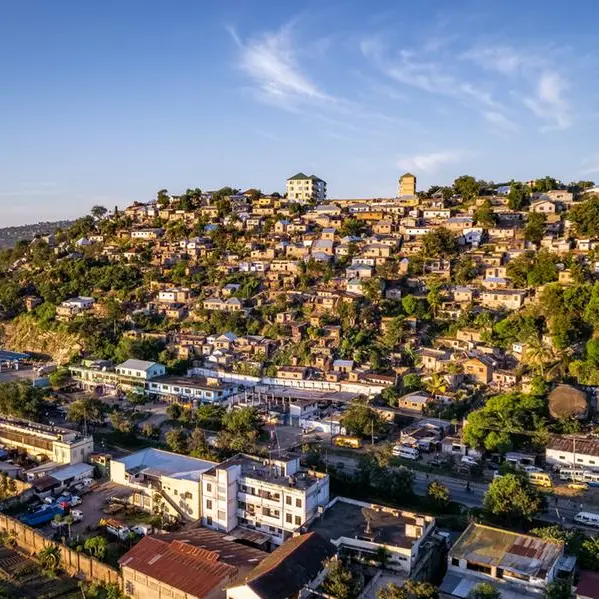PHOTO
Social media platforms have brought much-needed change to the Middle East and North Africa since their advent about 25 years ago. Growing from simple, interactive social collaborations, they now range from blogs and business networks to video sharing and virtual worlds, and have little difficulty attracting users.
The MENA region today is facing historic changes, driven partly by the critical mass of social media users making their voices heard among local and global audiences. Many people consider these platforms an intrinsic aspect of their daily lives, enabling them to connect with loved ones and colleagues, seek new avenues of knowledge, engage in important causes, conduct business, and communicate with governments.
Earlier this year, a New Media Academy study showed that users in the region devote an average of more than 3.5 hours a day to social media, one of the highest rates in the world. MENA users have an average of 8.4 social media accounts each, while those in the UAE have an average of 10.5. Interestingly, up to 79 percent of Arab youths rely on social media platforms for news, up from just 25 percent in 2015.
Globally, the MENA region has one of the highest penetration rates of popular social media platforms. Egypt, for example, is the ninth-largest market for Facebook in the world, with 44 million users in October 2020. Snapchat is also a popular platform in the region, garnering 67 million unique users and reaching 60 percent of 13 to 24-year-olds in the UAE and 90 percent of 13 to 34-year-olds in Saudi Arabia.
The high level of consumption of social media by the MENA population has a dramatic influence on our daily lives. In an era of globalization, when many families are separated due to migration, social media platforms strengthen relationships through daily transnational communications and the sharing of pivotal life moments. However, the platforms’ true currency is their ability to disseminate original, creative, influential and current content. “Knowledge is power,” as the adage goes, and the availability of a wide range of content has certainly improved the quality of life for many individuals.
Each platform plays host to inspiring communities of thought leaders, entrepreneurs, family therapists, doctors, teachers, authors, artists, chefs, travelers, health researchers and scientists, piquing users’ interest. Collectively, they cast fresh light on mundane issues, share valuable knowledge that shapes people’s behavior, offer creative solutions to problems, post inspiring musings, and teach useful skills and knowledge on a variety of topics. A skim through their posts and grateful user comments reveals their usefulness to society.
Social media has become not only the dominant platform for accessing news, but has also revolutionized journalism in a host of ways. The emergence of citizen journalism has enabled ordinary people to voice opinions on hot topics, allowing audiences to collectively advocate for common causes, aspirations, hobbies or interests. Users share real-time news stories about issues. The allure of storytelling is hard to resist, and many users find themselves supporting sensitive causes that they come across on social media platforms, such as people suffering with chronic illnesses, the plight of refugees, or those affected by environmental disasters or armed conflicts.
To a large degree, social media posts have the power to shape public opinion in the region. A growing number of influential opinion leaders, intellectuals and thinkers in the Arab world share passionate posts on issues requiring urgent attention, such as mental health, women’s rights, education, cultural norms, family values and climate change.
Governments and nongovernmental institutions are also acknowledging the influence of social media in shaping public responses to new policies or important announcements. Their media messages cater to diverse audiences and are crafted to influence perceptions or bring about behavioral changes. During the global pandemic, the World Health Organization and many governments launched social media campaigns encouraging people to adopt positive behaviors that protect their health.
Even before the pandemic, many business owners in the region used social media platforms as a tool to remain competitive in the global marketplace. By doing so, many small and medium-size enterprises have been able to expand their customer base, keep customers informed about products and services, find advocates for their brands, and generate sales online. Electronic referrals and tagging of contacts on social media posts are also generating positive awareness for local brands. Additionally, many business owners engage their audiences by sharing their stories and challenges in managing small and medium-size enterprises.
In many ways, social media is an amalgamation of human ingenuity that is leading an inspired change in the region, increasing optimism for the future.
- Sara Al-Mulla is an Emirati civil servant with an interest in human development policy and children’s literature. She can be contacted at www.amorelicious.com.
Copyright: Arab News © 2021 All rights reserved. Provided by SyndiGate Media Inc. (Syndigate.info).





















